The Teaching and Learning International Survey (TALIS) collected data from 3,500 secondary school teachers in 145 public and 10 private schools in Singapore. The results paint a picture that is both encouraging and worrying about the teaching profession in the island nation.
According to TALIS, full-time teachers in Singapore work an average of 47.3 hours per week, significantly higher than the OECD average of 41 hours and unchanged from 2018. Of this, only 17.7 hours per week are actually spent teaching, lower than the OECD average of 22.7 hours. Instead, Singaporean teachers spend 8.2 hours preparing lessons and 4 hours on administrative work, higher than the global average.
The heavy workload is reflected in their mental health. 27% of Singaporean teachers said they felt very stressed, compared to the OECD average of 19%. Notably, stress levels among teachers under 30 were significantly higher than those in older groups.
The top three causes of stress are a large administrative workload, too much grading, and responsibility for student performance. About 53% of teachers said administrative tasks were their main source of stress.
According to the Ministry of Education , fewer teaching hours are not a sign of inefficiency, but rather reflect the expanded role of teachers. They are expected to act not only as transmitters of knowledge, but also as coaches, mentors and extracurricular organizers. However, this also raises questions about the sustainability of the teaching profession as demands outside the classroom increase.
Faced with this situation, the Singapore Ministry of Education (MOE) has confirmed that it is implementing many measures to reduce the workload. In recent years, the Ministry has cut 10% of administrative work and piloted a “Parent Portal” to help parents submit documents online, reducing the burden on teachers.
The ministry also encourages teachers not to respond to work messages outside of school hours, except in urgent cases, and to use AI to automate grading, student assessment and data management. This is a move, according to the ministry, to “help teachers focus more on teaching and comprehensive student development”.
On the other hand, the report found that Singaporean teachers are world leaders in adopting technology. About 75% of teachers said they used AI in teaching, double the OECD average (36%). Of these, 82% said AI helped them improve lesson planning, and 74% found AI reduced administrative workload.
However, the Singapore Ministry of Education also admitted that the application of AI does not help to “reduce working hours” significantly, because integrating technology also requires continuous training and skill upgrading, creating new pressure for many teachers.
“The TALIS results are useful in helping the government see the challenges facing the teaching profession and build stronger support systems,” said Singapore Education Minister Desmond Lee. “Singapore will continue to streamline processes, invest in technology, expand psychological training for teachers, and foster a culture of respect for teachers’ personal time.”
Source: https://giaoducthoidai.vn/nghe-giao-giua-vong-xoay-ap-luc-post751886.html


![[Photo] General Secretary attends the parade to celebrate the 80th anniversary of the founding of the Korean Workers' Party](https://vphoto.vietnam.vn/thumb/1200x675/vietnam/resource/IMAGE/2025/10/11/1760150039564_vna-potal-tong-bi-thu-du-le-duyet-binh-ky-niem-80-nam-thanh-lap-dang-lao-dong-trieu-tien-8331994-jpg.webp)
![[Photo] Ho Chi Minh City is brilliant with flags and flowers on the eve of the 1st Party Congress, term 2025-2030](https://vphoto.vietnam.vn/thumb/1200x675/vietnam/resource/IMAGE/2025/10/10/1760102923219_ndo_br_thiet-ke-chua-co-ten-43-png.webp)

![[Photo] Opening of the World Cultural Festival in Hanoi](https://vphoto.vietnam.vn/thumb/1200x675/vietnam/resource/IMAGE/2025/10/10/1760113426728_ndo_br_lehoi-khaimac-jpg.webp)





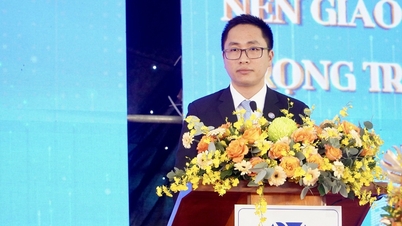


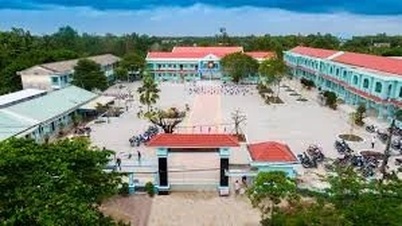





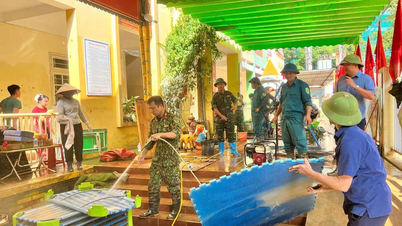
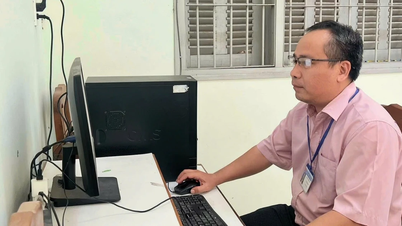


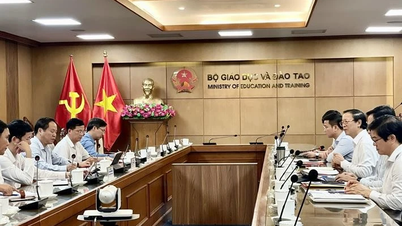









































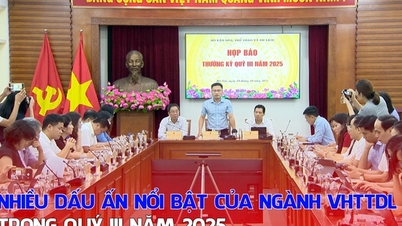

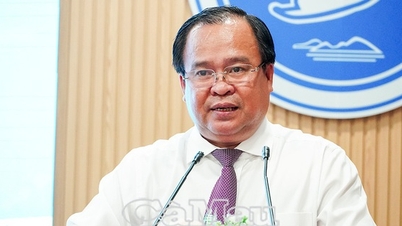

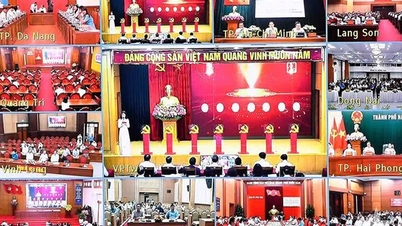

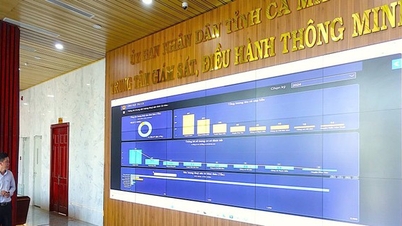
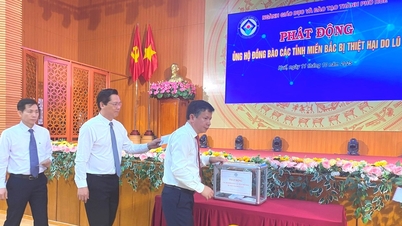

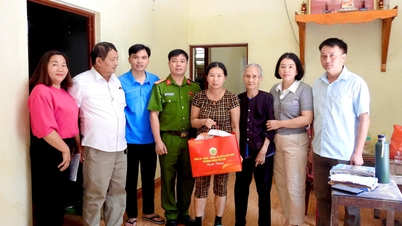

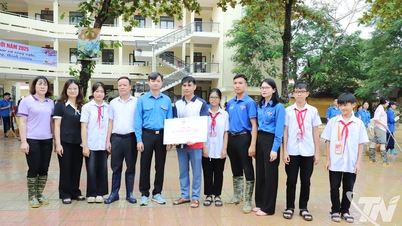

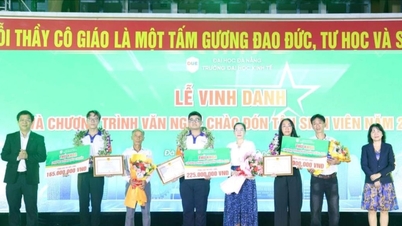

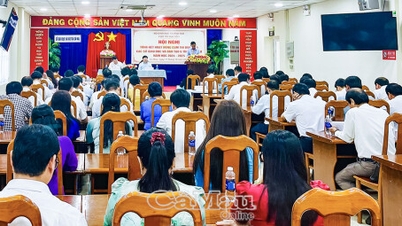


















Comment (0)